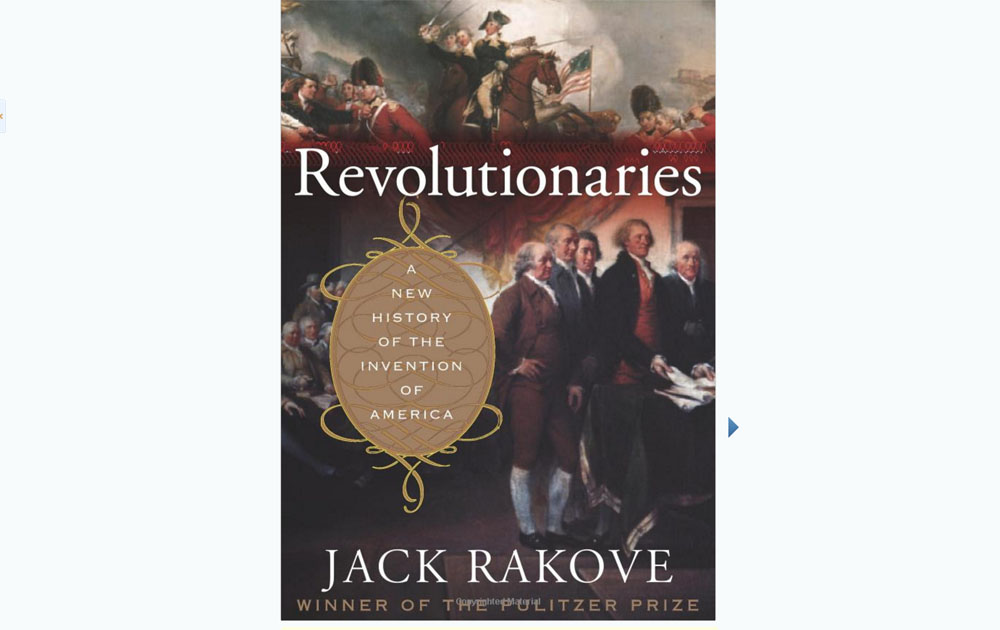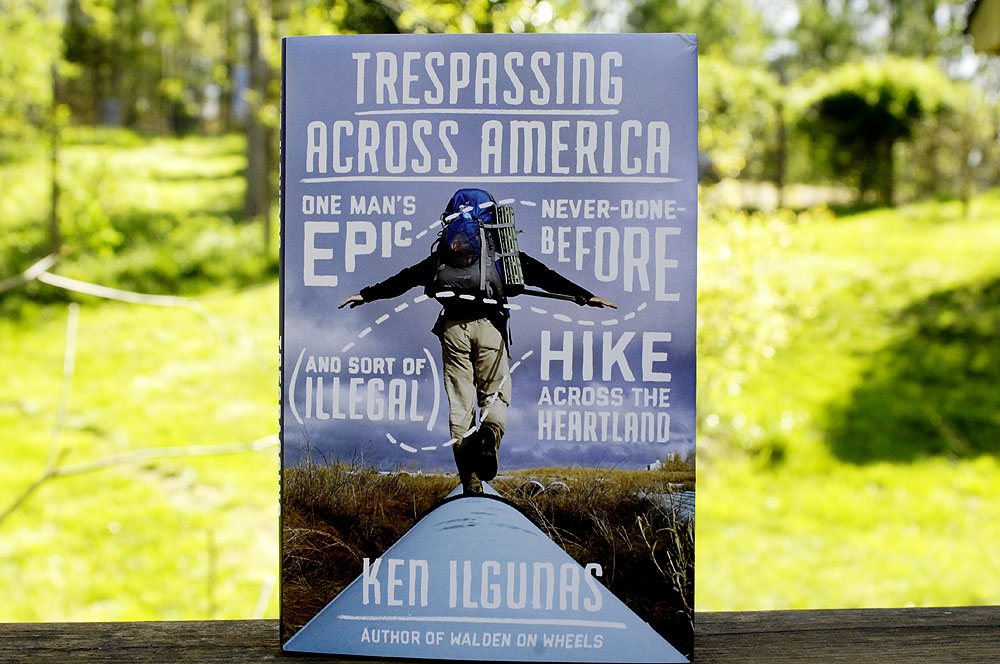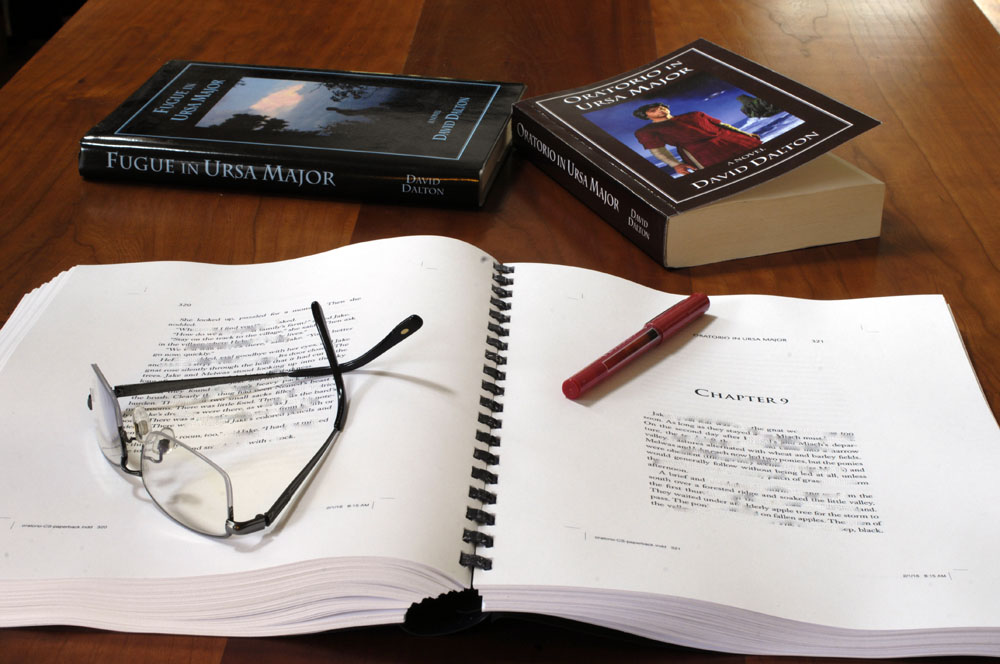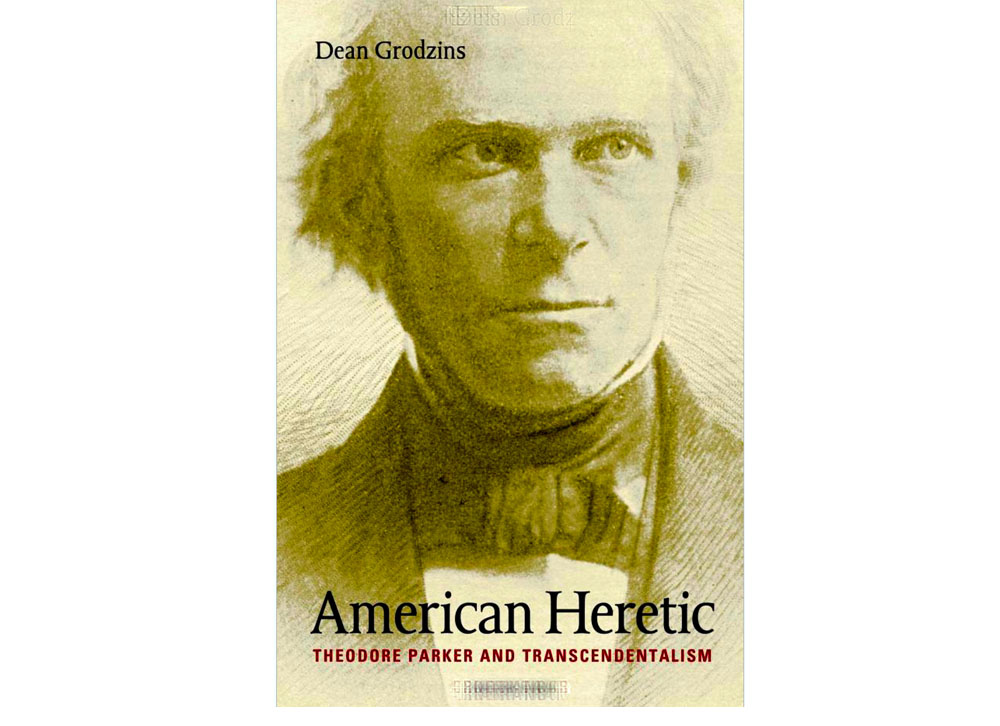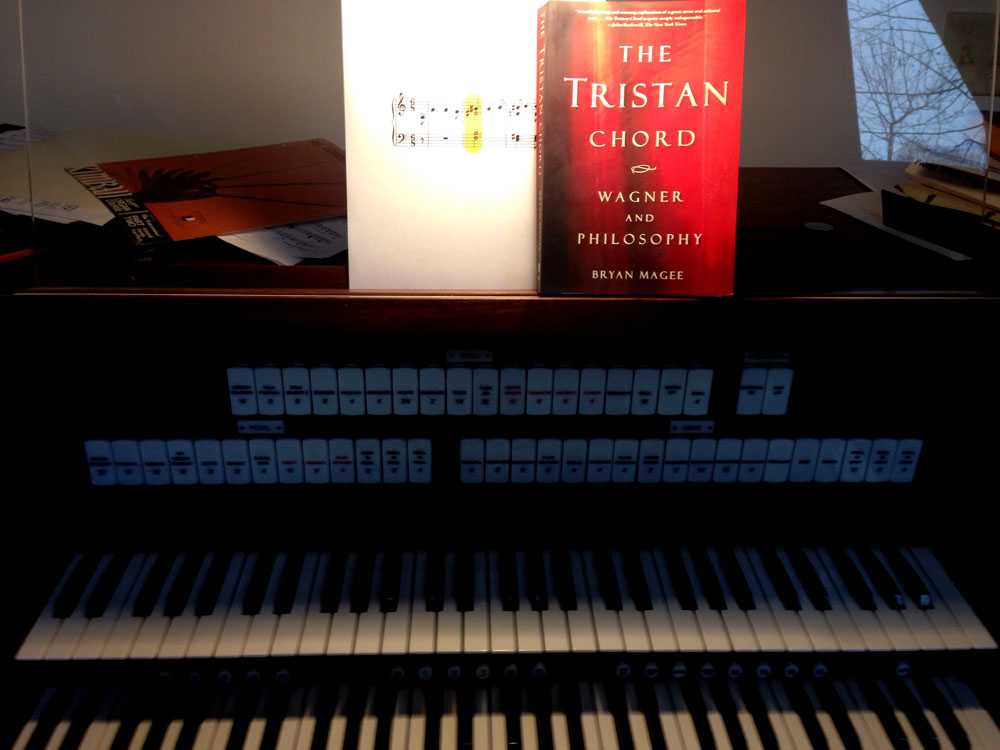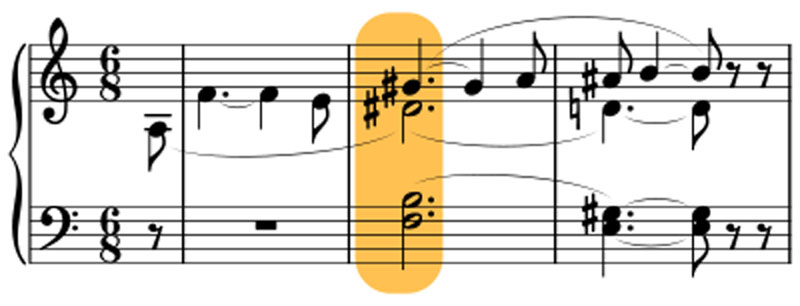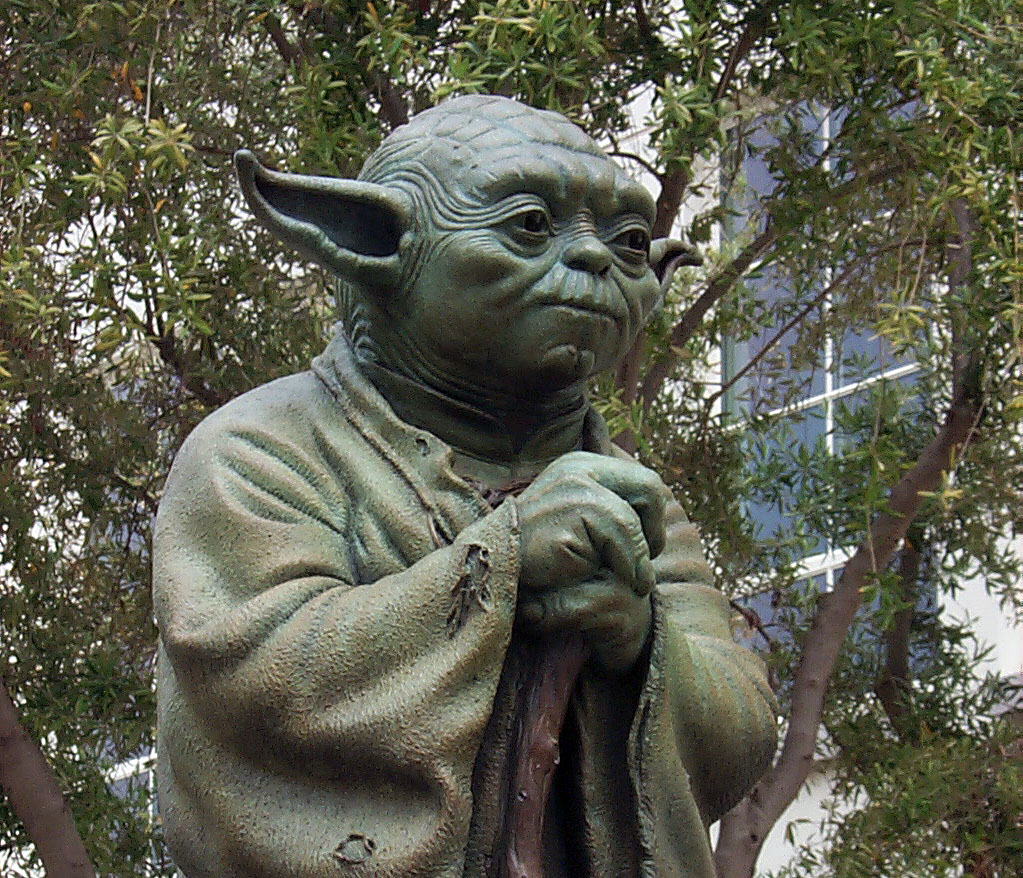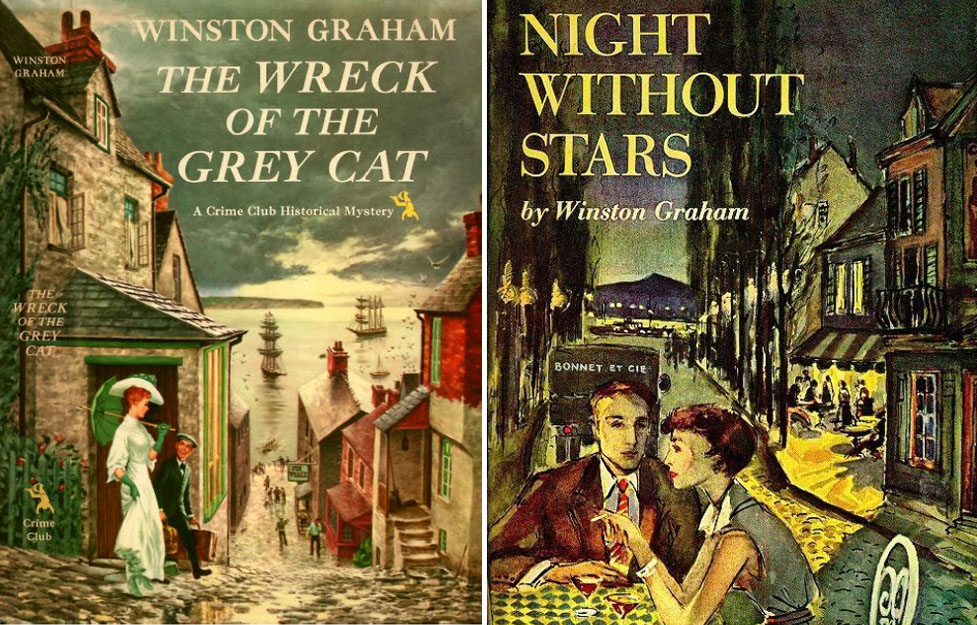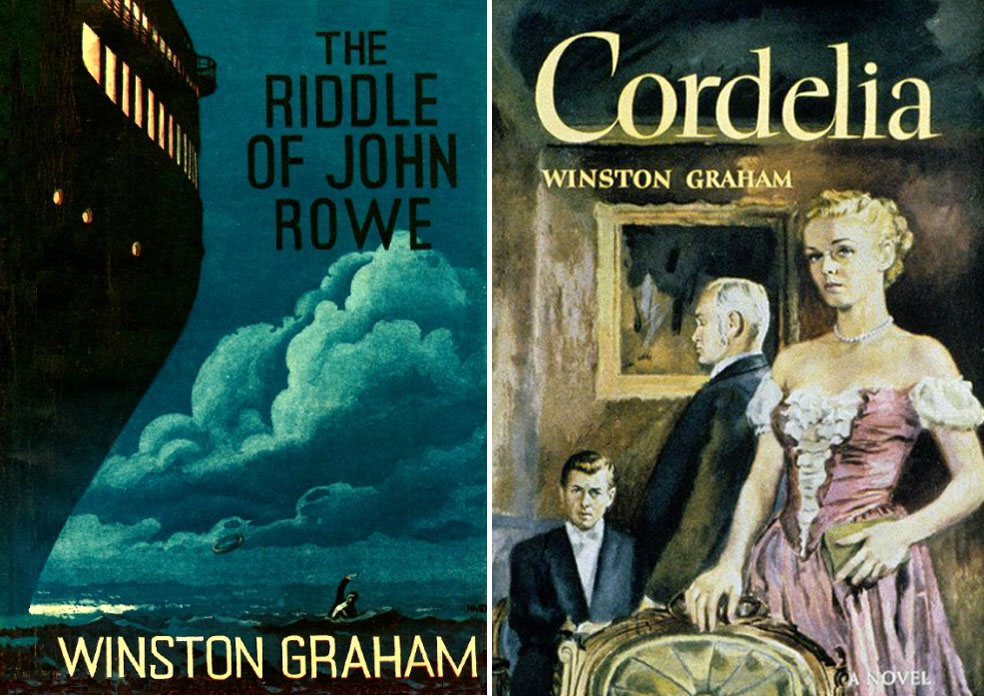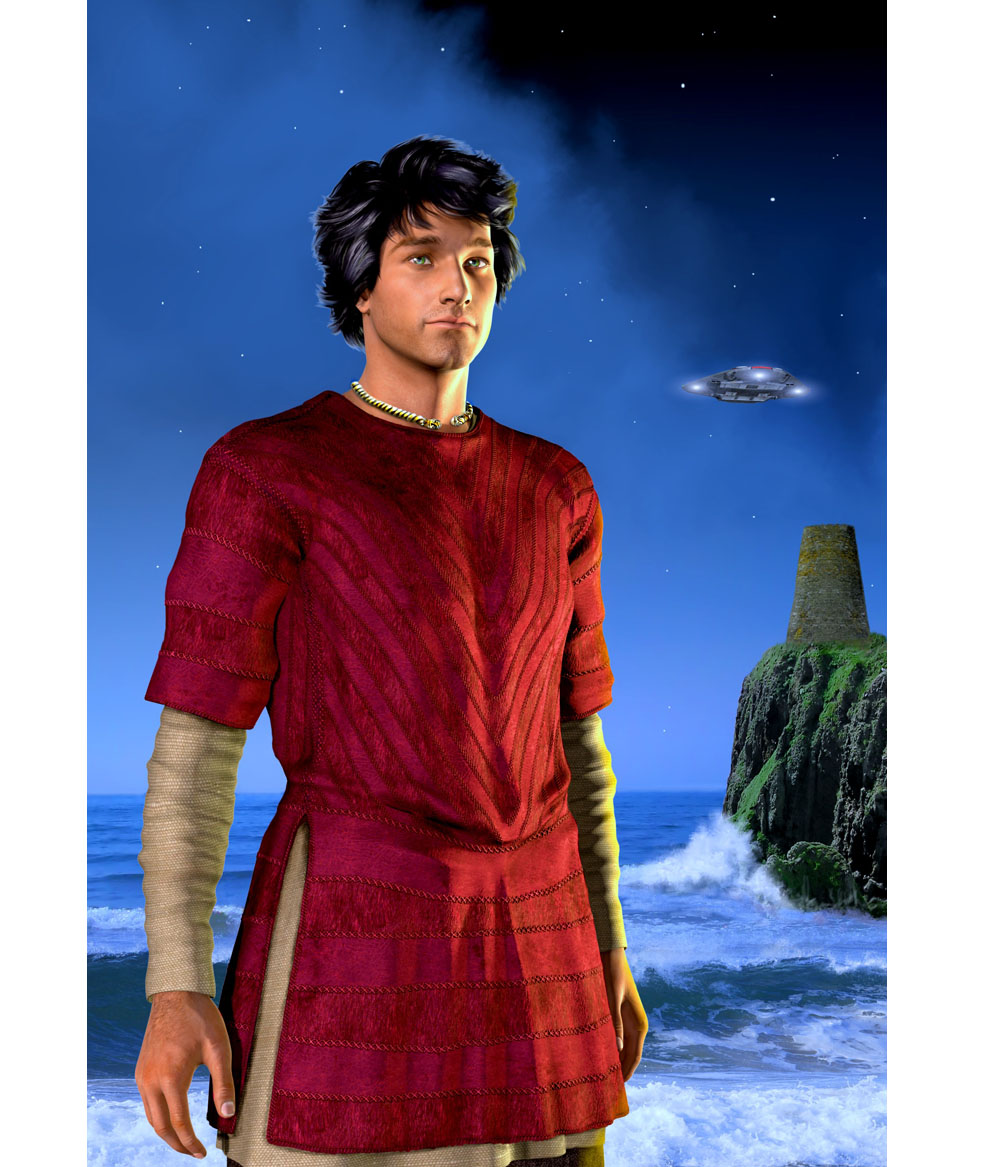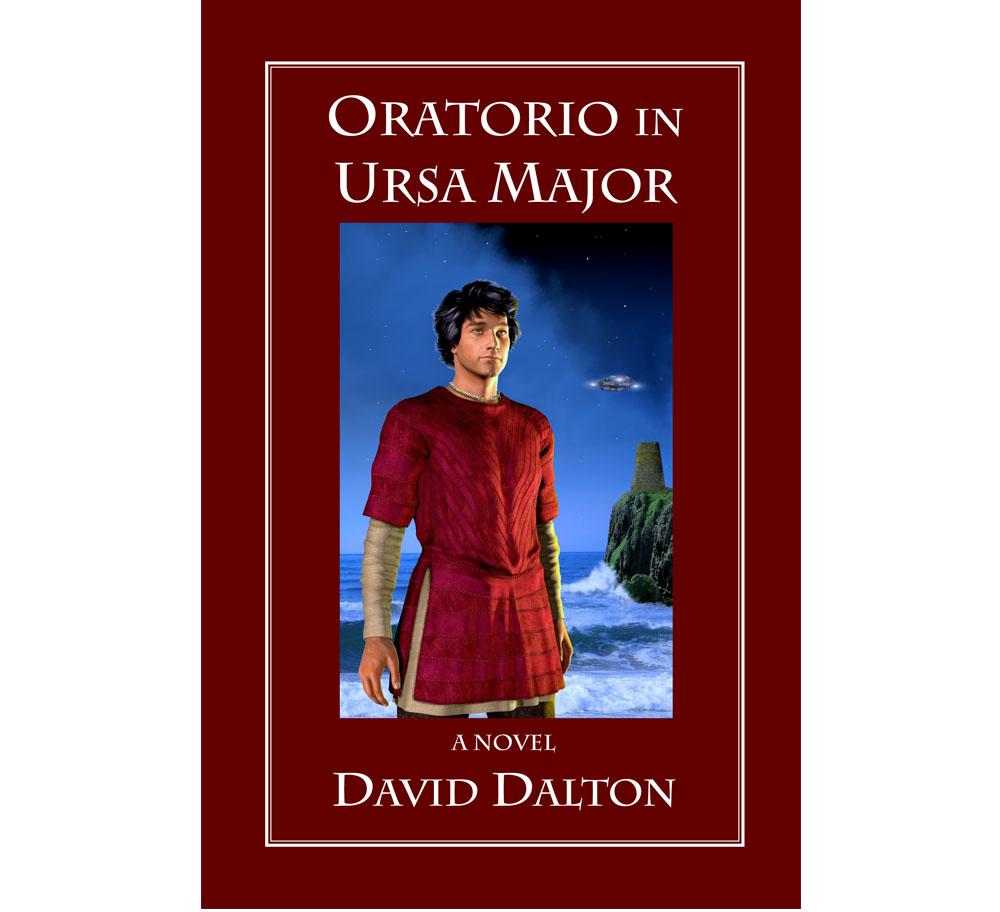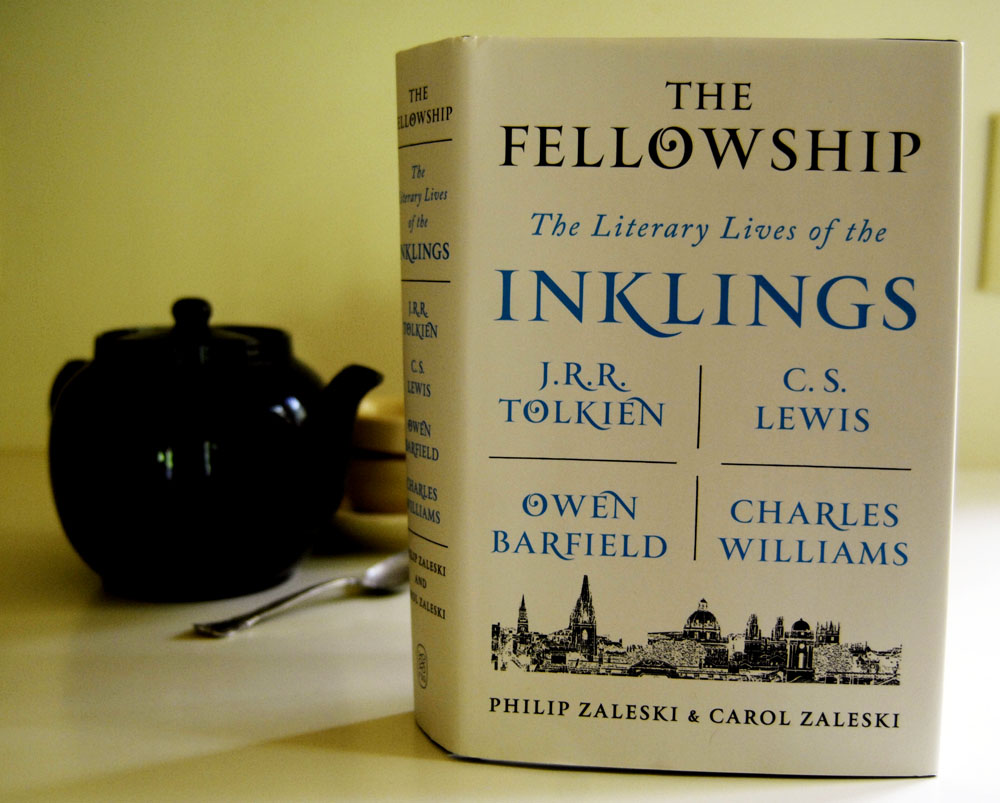Revolutionaries: A New History of the Invention of America. By Jack Rakove, Houghton Mifflin Harcourt, 2010. 488 pages.
My reading at present is focused on the American colonial era, the revolution, and the development of the American Constitution. I took a lot of notes while reading this book by Jack Rakove. But one passage in particular flashes at me as though it was written in bright red neon. Rakove is talking about James Madison:
“Yet this reactionary fear of the threat to property also converged with his youthful commitment to freedom of conscience to produce one powerful insight about the protection of rights in republican America. These two concerns enabled Madison to perceive a truth that the political theory of the age did not yet properly recognize. In a republic, unlike a monarchy, the problem of rights would not be to guard the people as a whole against the arbitrary power of government, but rather to secure individuals and minorities against the legal authority of popular majorities.”
This brings us to the so-called Tea Party, the contemporary right-wing movement by angry white losers, financed by billionaires. Though the Tea Party has taken a wrecking bar to the American democracy wherever it can gerrymander itself into a stronghold, I am thinking in particular about the state of North Carolina, where the Tea Party legislature actually called a special emergency session, ostensibly to shoot down a local ordinance in Charlotte that was meant to afford transgendered people some dignity in the use of public bathrooms.
But, in truth, the bathroom issue was just a smokescreen in this legislation, called HB2. The transgender part of HB2 was meant to appeal to the fears and hatreds of mouth-breathing voters in rural North Carolina while also distracting the media. The real and even more slimy intent of HB2, as is always the case with the Republican Party, is the billionaire agenda. HB2 prevents local governments from setting a minimum wage that is higher than the minimum wage set by federal or state law. HB2 also prevents local governments from passing ordinances that grant civil rights protections. But the biggest piece of slime is that HB2 prevents workers from suing for workplace discrimination in state courts. This part of HB2 is pretty technical and has sneaked under the radar, but it was a big item on the wish list of the billionaire Republican donor class, and now the billionaires’ servants in the North Carolina legislature have checked it off their list. Here’s an article on that.
And, by the way, HB2 shows that the Republican Party doesn’t give a fig for any principle, if power is involved. HB2 also tramples on the principle of local rule and local government. North Carolina’s cities tend to be liberal and to vote Democratic. But the Republicans in Raleigh never hesitate to use state law to keep counties and municipalities from doing anything remotely liberal. Even property rights are not sacred to these radical Republicans. If your neighbors want to frack for gas but you don’t, then the state will use its power to frack you whether you want it or not. Or, if you’ve got a nice water system, as Asheville does, or a nice airport, as Charlotte does, then the state will just take it from you if it can.
This brings us back to James Madison. Madison foresaw even in the mid-1780s how kings (or even “big government”) were not the only potential tyrant under the new American Constitution. Rather, it was the tyranny of the majority that Madison was concerned about.
Not until 1868 did we get a remedy — the 14th Amendment. The Southern states were trampling on the rights of former slaves during Reconstruction, and the federal government stepped in to try to stop it. Many of the ugliest parts of American history touch on the 14th Amendment. White Southerners fought back with Jim Crow laws and legalized segregation, which stood until the Civil Rights Act of 1964 and the Voting Rights Act of 1965. Why it took so long is a political mystery that I may never understand.
Today’s so-called Tea Party derives its methods and inspiration not from the Boston Tea Party of 1773, when colonists protested against a despotic king and a Parliament who gave them no representation in the government. Rather, the so-called Tea Party is shockingly similar in its methods with the Jim Crow racists, who with violence against blacks, the activities of “militias,” gerrymandering, and rigged elections used the government to allow the white majority to hold the black minority down.
The current era is the most shameful period in North Carolina’s history in a hundred years. We will eventually throw the right-wing radicals out of power in Raleigh — hopefully starting with the governor this year. Cleaning up the legislature will take more time. It is highly fitting that the de factor leader of this movement to restore justice in North Carolina is a black man, the Rev. William Barber of the NAACP, who started the Moral Monday movement. I may have some comments on Barber’s new book soon.

